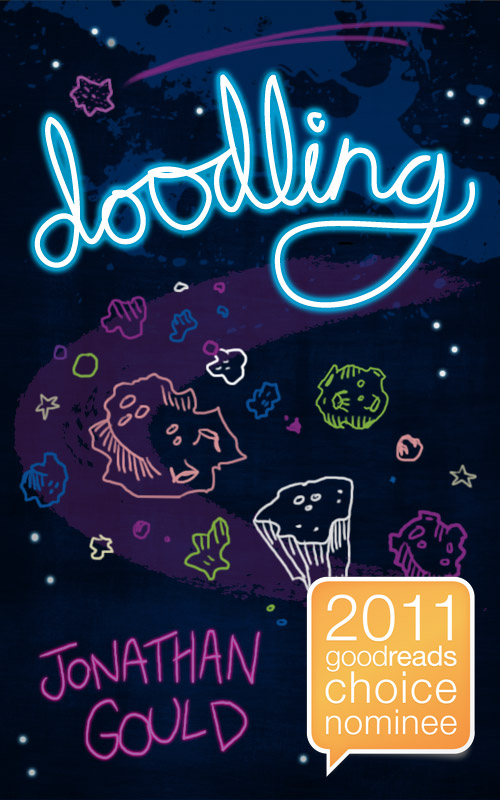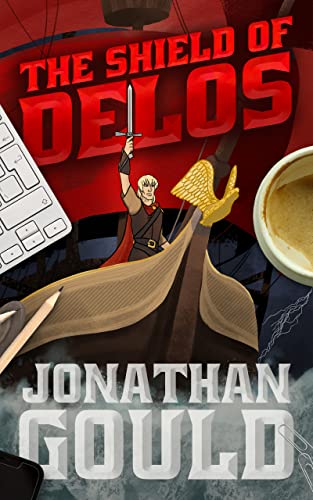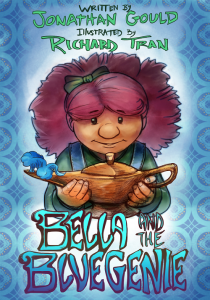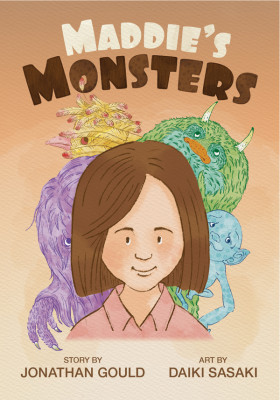I blame it on The Simpsons.
From its earliest days, one (amongst the many) of the ingenious tricks employed by that revolutionary, adult-oriented animation series was the inclusion of numerous little pop culture references. And not just explicitly, in elements like the plot or the characters. Sometimes, a little thing like a throwaway piece of dialogue or the way a particular shot was framed created an allusion to another pop culture source.
It was innovative and fun. One of the most enjoyable aspects of watching The Simpsons was seeing how many of those references you could pick up. It made you feel clever and worldly, even as you were having a good laugh.
Of course, the idea of one source making references to others is not new. Works on the more serious end of literature have for a long time made references to other works of literature – I believe the technical term used in the academic world is intertextuality. But in the world of more popular entertainment, it seems to be a more recent emergence (if you can consider the close to thirty years The Simpsons has run as recent).
Of course, like any good idea, it didn’t take long to spread. Now, it seems like pop culture references are all over the place. Comedies in particular seem to be all about stuffing in as much pop culture as they can. Animated movies, even if they’re supposed to be movies for kids, seem to be absolutely choc-ful of these clever little references, presumably to provide something for adults while children are taken in by all the colour and action.
The practice has become so commonplace that it’s almost become some kind of yardstick to quality. I can’t tell you the number of times I’ve read a review of a work (whether, film, TV, or even a novel) which refers approvingly to the number of pop culture references deciphered. It’s almost like this, more than the substance of character or plot, is the most important thing to be considered.
At the risk of putting off those pop culture buffs out there, I have to say that it’s something I’m more than a little over. What once was fresh and clever now feels old and stale. It’s almost as if writers are no longer willing to come up with their own ideas, and are instead just showing off the breadth of their awareness of pop culture. It feels a bit cheap and lazy to me. And I find that when I read a review that makes a point of pop culture references, I am instantly put off.
Which is why I’ve made a decision not to do it. Whatever I write, I want it to be 100% my own ideas.
I know this isn’t possible. I know that any idea has its genesis in a bunch of ideas that came previously. And I know that if I look at some of my stories, I can clearly see their lineage, and how they build on or riff off works that came before. But I like to think there’s more to them than that. I try to ensure that the stories work on their own level, and can be enjoyed by readers, whether they are familiar with the previous work or not. I don’t want the primary pleasure to be about identifying all of the reference points.
And with that, I’m off to try and create something that is (mostly) unique and new.
Posted by Jonathan Gould and tagged as




